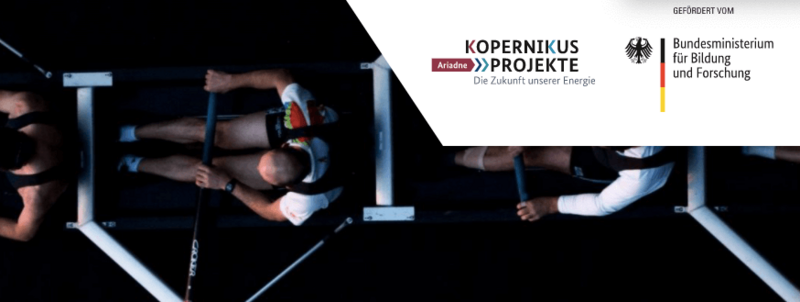
The research project ARIADNE aims to provide policy advice for the successful transition to a carbon-neutral society in Germany and Europe. Their latest policy brief, Wie die Governance der deutschen Klimapolitik gestärkt werden kann, includes contributions from Hertie School Centre for Sustainability researchers, Prof. Dr. Christian Flachsland, Dr. Duncan Edmondson, and Dr. Sebastian Levi.
The policy brief argues that the new German government can play a larger role in combatting climate change. “The demands on climate policy have grown with the times. Old structures are no longer sufficient to meet the new challenges. For the path to climate neutrality in 2045, we therefore need new institutional frameworks that ensure effective management of the mammoth task of climate neutrality," says Christian Flachsland from the Centre for Sustainability. There is a need for a climate protection ministry which would combine the economy, energy, and climate but the publication acknowledges that the government can do far more to achieve climate neutrality.
This includes reforming the political processes as well as the current institutions within the government. The policy brief advocates for a more coordinated effort between ministries, mandatory impact assessments when planning and formulating measures, and clearer roles for expert councils.
Additionally, the experts recommend increased monitoring of the effectiveness of climate measures using specific indicators of the energy transition (i.e. infrastructure expansion, renovation rates, sales of e-vehicles) so it can be measured early on if policies do have a significant impact.
Thorsten Müller, researcher from the Environmental Energy Law Foundation and one of the authors of the brief states, "The control of climate policy should be designed as an iterative social learning process in order to be able to react continuously to technological, political and social imponderables and to be able to readjust early in the event of failures". The publication advocates for courageous institutional innovations on the part of the new federal government.
The latest policy brief (Kurzdossier) prepared by the researchers of the ARIADNE project includes more recommendations for the German government. The Hertie School Centre for Sustainability is proud to play an active role in developing this consortium and its outputs.
The Hertie School is not responsible for any content linked or referred to from these pages.
Views expressed by the authors may not necessarily reflect the views and values of the Hertie School.
Contact
-
Christian Flachsland, Professor of Climate Policy | Director, Centre for Sustainability
-
Sebastian Levi, Postdoctoral Researcher
